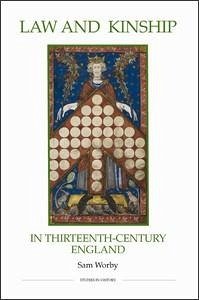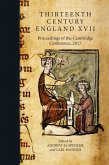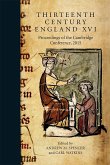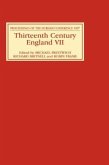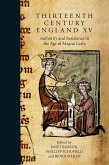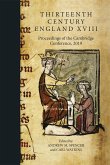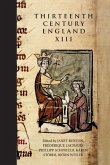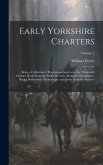Two main legal jurisdictions held sway in England over family relations during the high middle ages: canon law and common law. In thirteenth- and fourteenth-century Europe, kinship rules dominated the lives of laymen and laywomen. They determined whom they might marry [decided in the canon law courts] and they determined from whom they might inherit [decided in the common law courts]. This book seeks to uncover the association between the two, exploring the ways in which the two legal systems shared ideas about family relationship, where the one jurisdiction - the common law - was concerned about ties of consanguinity and where the other - canon law - was concerned to add to the kinship mix of affinity. It also demonstrates how the theories of kinship were practically applied in the courtrooms of medieval England.
Bitte wählen Sie Ihr Anliegen aus.
Rechnungen
Retourenschein anfordern
Bestellstatus
Storno

